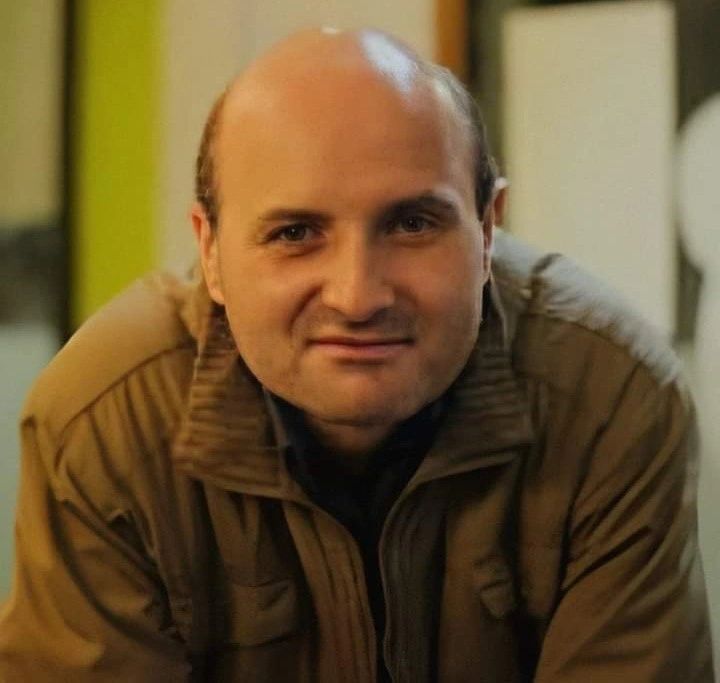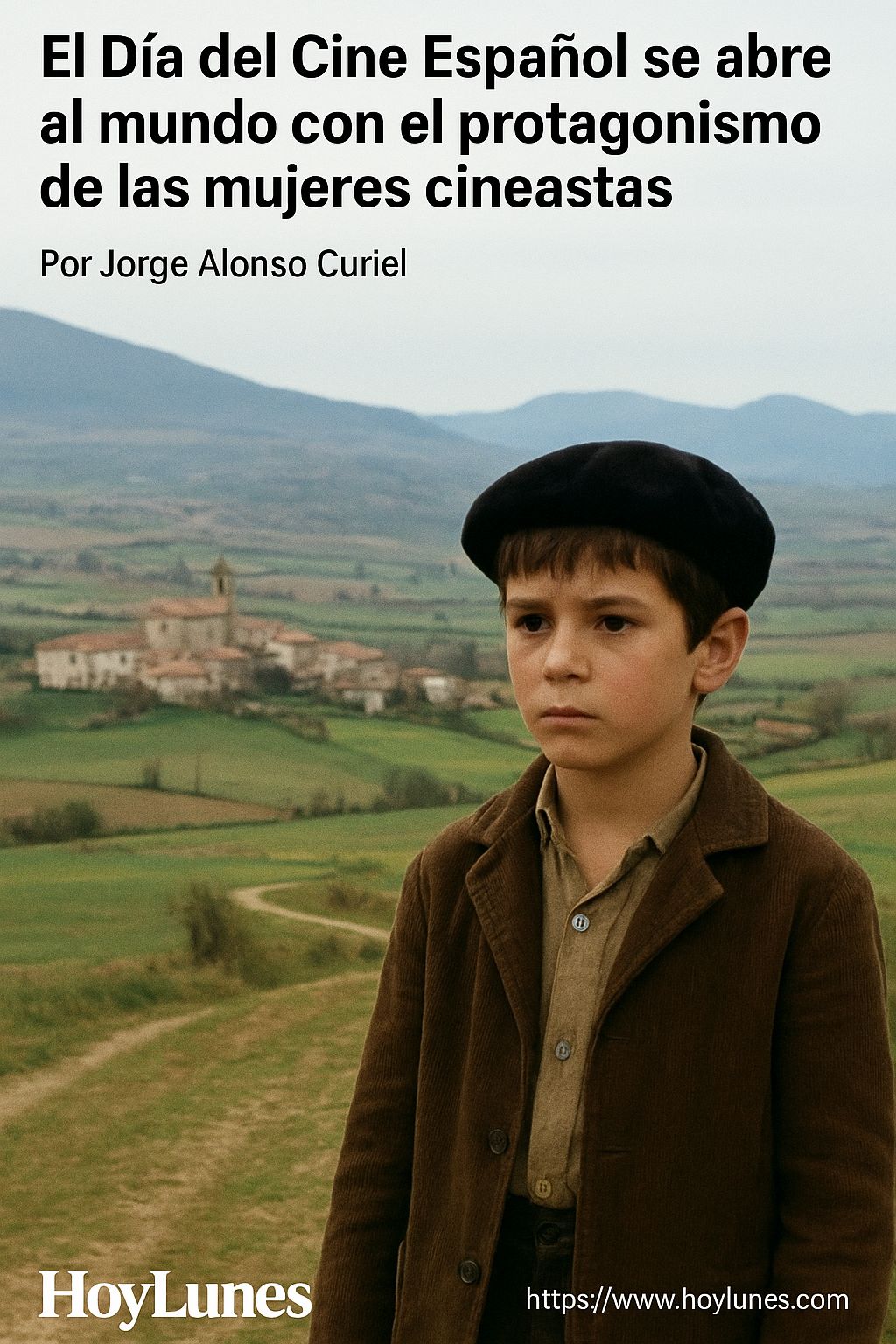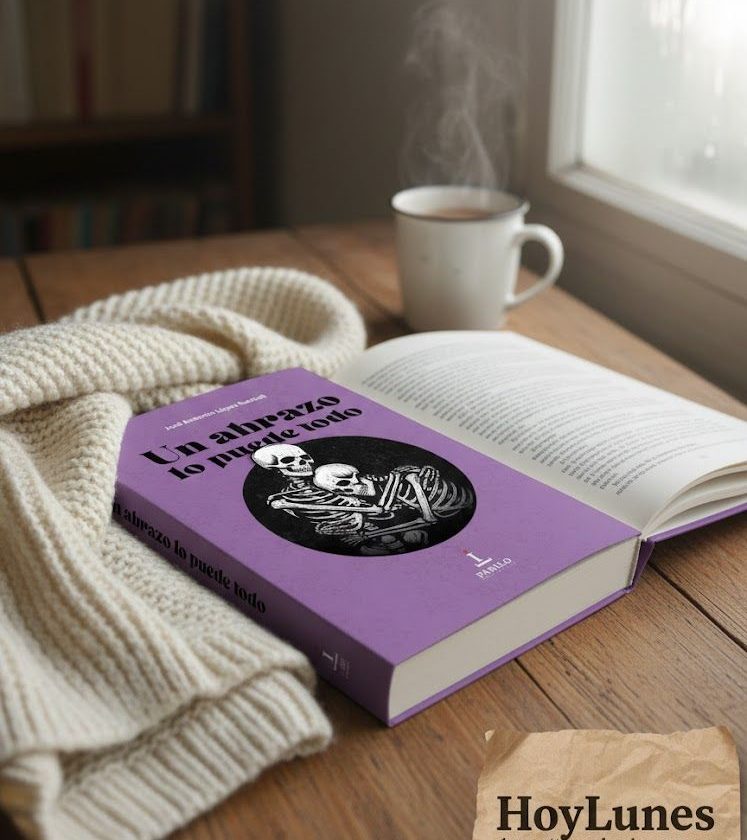The fifth edition, celebrated on October 6, reaches for the first time more than 40 cities across five continents, with “Tasio” as its cultural ambassador, and highlights the contribution of women to the audiovisual sector.
By Jorge Alonso Curiel
HoyLunes – Within the framework of the 73rd San Sebastián Festival, held from September 19 to 27, and with the aim of showcasing the work of professionals in the Spanish film industry, underlining Spanish cinema as cultural heritage capable of generating both identity and shared imagination, as well as its internationalization, Spain’s Ministry of Culture presented, on the afternoon of Sunday, September 21, the program of activities for the fifth edition of Spanish Film Day, celebrated annually on October 6.
In this new edition, in addition to a wide range of activities such as screenings across the country, panel discussions, publications, presentations, training activities, and encounters that will bring the richness and diversity of Spanish cinema closer to the public, a special day will also be held. Organized by the ICAA (Institute of Cinematography and Audiovisual Arts) with the collaboration of CIMA (Association of Women Filmmakers and Audiovisual Media), the event will take place at the Academy of Motion Pictures and focus on women professionals in the audiovisual industry.
International Screenings of Tasio
This fifth edition will also mark the largest international initiative to date, with screenings in more than 40 cities worldwide of “Tasio” (1984), the classic film by Pamplona-born director and screenwriter Montxo Armendáriz. Organized in collaboration with AECID (Spanish Agency for International Development Cooperation), the Cervantes Institute, and the Basque Film Archive, the program will include special actions, online content, complementary materials, and subtitles in more than 15 languages.
In Europe, screenings will take place in Athens, Dublin, Paris, Brussels, Manchester, and Moscow; in the Americas, in Los Angeles, Caracas, Miami, Montevideo, and Recife. In Asia, “Tasio” will be shown in New Delhi, Beijing, Hong Kong, Tokyo, and Bangkok; in Africa, in Malabo, Pretoria, Luanda, and Bata; and in Oceania, in Sydney and Canberra.

In addition, “Tasio” will open the EUNIC European Film Festival in Brussels on September 24, where productions from across Europe will be screened.
National Screenings and Premieres
As a symbolic core of Spanish Film Day, the Ministry of Culture will present ten national premieres, with a strong presence of women filmmakers.
Audiences will have access to a diverse selection of premieres, including the latest short film by Pilar Palomero, in its world premiere, to be screened in Horta de San Joan (Tarragona), the location where it was filmed.
Other screenings include: “Nina“, by Andrea Jaurrieta, in Arjona (Navarra); “Casa Reynal“, by Laia Manresa, in Moià (Barcelona); “Ziarraize“, directed by Marina Lameiro, in Mugiro (Navarra); “Ciento volando“, by filmmaker Arantxa Aguirre, in Segovia; and “Cristina García Rodero. La Mirada oculta“, by Carlota Nelson, in Ribadesella (Asturias). Meanwhile, “Tierra Baja“, by Miguel Santesmases, will be shown in Arenas de San Pedro (Ávila) and Fuentes de Ebro (Zaragoza); and “La Abuela y el Forastero“, by Sergi Miralles, in Betxí (Castellón).
About Spanish Film Day
In order to recognize the work of professionals in the Spanish film sector, as well as its importance and influence in the country’s cultural and social life, and the role it has played throughout history and will continue to play, the Council of Ministers, on March 9, 2021, established October 6 as Spanish Film Day.
The date coincides with the end of filming in 1951 of “That Happy Couple” (Esa pareja feliz), the first and only film directed and written together by Luis García Berlanga and Juan Antonio Bardem, starring Fernando Fernán-Gómez, Elvira Quintilla, and José Luis Ozores. The film represents one of the most prominent generations of Spanish filmmakers.

#hoylunes, #jorge_alonso_curiel,



